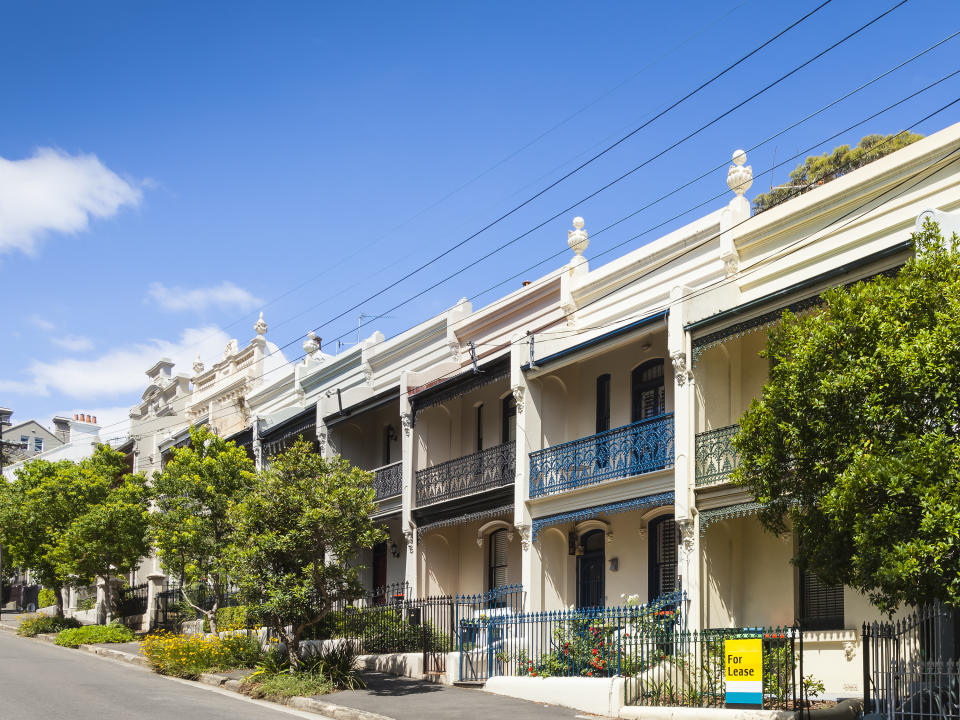Coronavirus could force property prices 40% lower

Coronavirus has prompted huge swathes of workers to take up remote work, and this could have major repercussions for house prices, according to a property expert.
Also read: Expert's view: ‘I have no idea what will happen to property prices’
Also read: 1 in 5 Aussies could lose jobs in ‘worst economic downturn in history’
Around 41 per cent of workers currently working from home will likely continue doing that in some capacity even once the pandemic subsides, according to Gartner research.
This in turn would reduce the appeal of CBD living and, in turn, could see property values fall as much as 40 per cent, financial adviser, author and property expert Nicole Pedersen-Mickinnon said.
“Privately I'm hearing [about falls of] anything up to 40 per cent,” she told Yahoo Finance editor-in-chief Sarah O’Carroll during Thursday morning’s Yahoo Finance Breakfast Club webinar.
“People are speculating that if all this tele-working that we're doing becomes permanent, then why do we need these huge expensive office buildings in cities? Why do people need to cram into Sydney and Melbourne? And can decentralise and make this more of a permanent thing?”
However, she added, this is but one of many hypotheses about where house prices will go.
Likening it to “sticking your finger in the air and trying to figure out which way the wind is going”, she noted that the Commonwealth Bank is predicting a significantly lower 10 per cent price fall by October.
Fellow panelist and property investment adviser Michael Yardney was more optimistic.
Commenting on suggestions that price declines are inevitable, he said history “doesn’t show that’s the case”.
“Property prices didn’t fall significantly during the global financial crisis and it was the same for 'the recession we had to have' in the 90’s,” he said.
He said property values tend not to crash because of the high number of owner-occupiers.
“This time around, we’re not going to have the forced sales that happened on previous occasions because the banks are giving mortgage holidays.”
While prices will fall, he said they won’t fall as much as some are predicting and will depend largely on the length of the movement restrictions, how high unemployment goes and how fast the economy recovers.
“We’re basically freezing [the economy] at the moment, we’re putting it on hold,” he said.
“Those houses that are selling in the next month or two are in some ways more non-discretionary sellers.”
That includes people who recently bought and so have to sell, and those who recently sold and who now have to buy.
“But those who don’t have to, aren’t selling. So, yes, there will be lower prices in the next little while but they’re not going to be reflective of the intrinsic value [which is] the value of your and my home.”
Make your money work with Yahoo Finance’s daily newsletter. Sign up here and stay on top of the latest money, news and tech news.
Follow Yahoo Finance Australia on Facebook, Twitter, Instagram and LinkedIn.

 Yahoo Finance
Yahoo Finance 
